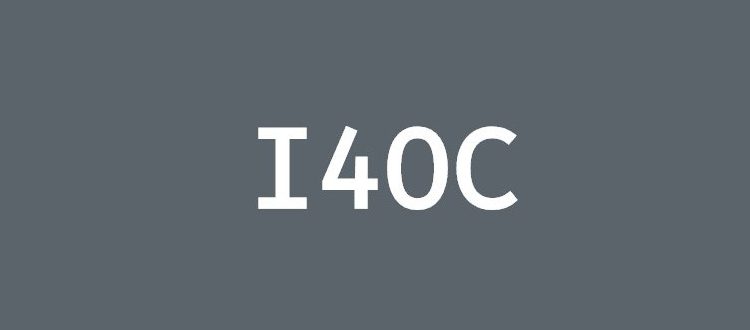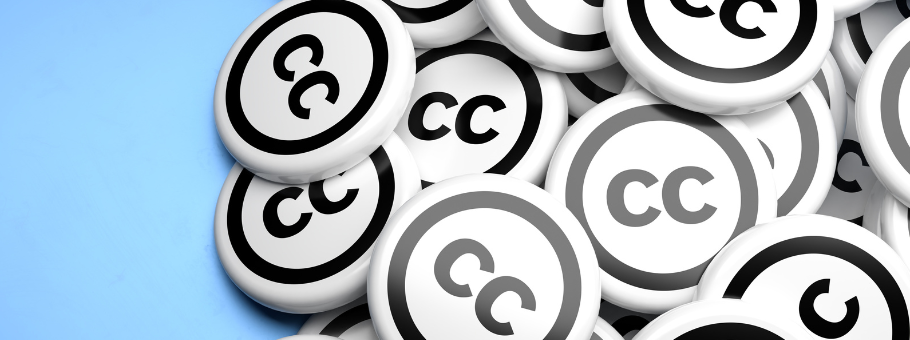The Initiative for Open Citations (I4OC) Continues to Receive Increased Support From Publishers

Open citation refers to the practice of making papers in a reference list accessible. Open citations use a common, machine-readable format. The listed papers can be accessed independently of the main article and are freely available. This is an important way to share knowledge. The Initiative for Open Citations (I4OC) represents a new approach to scholarly publishing. It has a bold vision—to make all citation data freely available for reuse. Since its launch in April 2017, the support for I4OC has been growing. ScienceOpen is just one of many groups in favor of open citations.
More Publishers Support Open Citations
Before the launch of the Initiative for Open Citations, only 1% of the citation data in CrossRef was open. That number has jumped to 45% or 16 million articles. Support for I4OC has come from major publishing houses such as ScieELO, Wiley, SAGE, Springer Nature, and Taylor & Francis. Open citations make it easier to trace the network of papers that move a hypothesis towards becoming a theory and then further develop that theory.
Of the 20 largest I4OC contributors, 13 have placed their reference data in the public domain. Society publishers, such as the American Association for the Advancement of Science (AAAS), American Society for Cell Biology (ASCB), the American Society for Biochemistry and Molecular Biology (ASBMB), and the Electrochemical Society (ECS), are also lending support to I4OC. The Allen Institute for Artificial Intelligence (AI2), Open Access Scholarly Publishers Association (OASPA), the Association of European Research Libraries (LIBER) and the Center for Science and Technology Studies at Leiden University, among others, have also endorsed I4OC.
Other Open Citation Platforms
The I4OC initiative is just one of the many open citation options. Researchers may also use CiteSeerX or CitEc. Nature Publishing stores its own bibliographic data which is publicly available. Scientists can support these initiatives by spreading the word and asking journals in which they publish to adopt an open citations model. Even though the main article may be under a restrictive license, the reference metadata is considered “raw knowledge” and is not protected by a license.
I4OC is one of many programs pushing scholarly publishing in a more open direction. Support for I4OC has been experiencing significant growth since its launch. ScienceOpen uses citation data to increase the visibility of open content, and sort publications (and reference lists) by citation numbers. Over time, I4OC will hopefully demonstrate the full utility of open citations.









